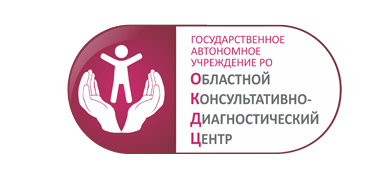Urology
Urology is the field of clinical medicine focused on the study, diagnostics and treatment of female urinary system disease in women and the diseases of urogenital system in men.
The Advisory Department of RADC has outpatient reception hours headed by operating urologists of the department of radiologic surgical diagnostic and treatment methods (RSDTM)
Which cases require referral to operating urologist?
- bladder stone disease (stones in kidneys, renal duct, urinary bladder)
- renal cysts
- prostate and bladder diseases (prostatic hyperplasia, chronic prostatitis, bladder ears, chronic urine retention)
- urogenital system tumours (malignant masses in kidneys, urinary bladder, prostate and testicles), at suspicion on oncopathology, in order to specify the character of detected changes
- abnormal development of urinary system (strictures of ureteropelvic junction, hydronephrosis, uretoric achalasia)
- phallic disease (phimosis, Peyronie disease, phallic formations, erectile dysfunction)
- disease of scrotal organs (hydrocele, left-sided varicocele, formations in epididymus and testicles)
- urogynecological issues (stress urinary incontinence in women, vesicovaginal fistula)
On an outpatient basis, the urologists of RSDTM for the main indications perform urethrocystoscopy — the highly precise endoscopic investigation of urogenital tract. This technique is indispensable when diagnosing the causes of hematuria or upon the assumption of urinary bladder lesion. For diagnostic purposes, we also use advanced ultrasound investigation of urogenital organs, particularly, in men – prostatic gland, scrotal organs US, transrectal US (TRUS), Doppler sonography of phallic vessels.
We also widely use the method for determination of prostate-specific antigen (PSA), which enables early diagnosis of adenoma and prostate cancer.
On an outpatient basis, urologist conduct transrectal (per rectum) polyfocal needle biopsy of prostate under US-guidance with the application of doppler sonography in order to order to detect abnormal focus and implement its further histological processing.
In case of identification of the disease associated with surgical treatment, the patients are admitted to the department of RSDTM, where up-to-date minimally invasive surgical intervention techniques are used to reduce the risk of unfavourable complications, reduce the rehabilitation period and to achieve high quality of living.

